Has your dog been acting weird lately, and have they been irritable as well? Then, you must watch out for some visible signs. In that case, there is a chance that they may be suffering from worm infection. Worms tend to cause a wide range of health issues in dogs, primarily because of how contagious they are.
You must prioritize the health of your dog the most and feed them soft and natural dog treats. You must identify these parasites at the earliest, and nip them in the bud. Here are some of the common signs that your dog has suffered a worm infestation.
You can be sure that this way you will save them and yourself a lot of trouble.
How your dog’s health is affected by worms
The way your dog’s health is affected by worm infections depends on certain factors such as their overall health condition, age, and size. It is important to note the type and number of worms that have made your dog’s body their home.
It is not as if worms live only in the intestines and stomach of your dog. You will also find them in other organs, such as their hearts, lungs, and kidneys. You must also know that not all parasites that look like worms are worms. Ringworm is a fungus rather than a worm.
There are several ways in which dogs can get worms in their intestines. Pups tend to get them from their mothers when they are being nursed or when they are in their wombs. If your dog ingests dog poop, which contains eggs of worms, they could get these worms as well.
The same is also applicable when they consume an animal that has been infected by those worms. If your dog ingests a flea that contains tapeworm larvae, they can get tapeworm. Worms can be explained as obligate parasites which derive all their nutrition from the host bodies that they inhabit.
If your dog is smaller, has a compromised immune system, or is younger they will have a higher chance of getting worms in their system than other dogs.
- Visible worms in fecal matter or fur
Some kinds of worms, like tapeworms, tend to appear as tiny moving segments in your dog’s fur or in the areas that surround their anus. If you see worms in your dog’s poop, it is roundworms. These worms will likely look like hard yellow specks or pieces of rice that move.
- Changes in the consistency of stool
If your dog’s system is infected by worms, it can lead them to suffer canine diarrhea and their stool might become soft. If they are in that condition for a prolonged period, they will get dehydrated, and this is why, you must take your dog to the doctor as soon as you notice any such symptoms. In such cases, you will also see a greater need to defecate in your dog.
If your dog has been infected by hookworms, they will experience painful stools with traces of blood. If you do not get the condition treated, this will lead to chronic bloody diarrhea.
If they lose too much water and blood from their body, it can lead to health issues of a more serious nature, such as high blood pressure and heart failure, to name a few. You must get them dewormed as per the schedule and take them on regular check-ups by the veterinarian to ensure that such worm infestations can be treated and prevented. This will also make sure that your canine child is healthy.
- Increase in stool frequency
Increased stool frequency is a common sign your dog has been infected by worms and hence undergoing gastrointestinal distress as a result of the same. Parasites such as roundworms, whipworms, and hookworms can disrupt the normal working of their digestive systems.
This can lead to their intestines being inflamed and irritated. As a result of this, your dog might experience frequent bowel movements. At times, this might be accompanied by diarrhea, blood, and mucus in the stool. Along with this, your dog might also experience some symptoms such as weight loss, poor coat condition, and lethargy.
It is important to arrange prompt veterinary intervention, including deworming treatments provided your dog is already not on one. These steps are essential for addressing such infestation and restoring the gastrointestinal health of your pet.
- Undigested food in stool
If your dog is passing undigested food in their stool, it could be an indication that they are suffering a worm infection of some sort or the other in their gastrointestinal tract. Parasites such as roundworms, whipworms, and hookworms are known to disrupt the digestive process of a dog.
This leads to poor absorption of nutrients and food passing down the intestines without being digested. The most obvious manifestation of such an unwholesome and unwelcome phenomenon is visible pieces of food in the stool. This can be accompanied by other symptoms such as diarrhea, weight loss, and vomiting.
You must monitor their stool regularly and talk to a doctor if you see them passing undigested food in their stool. This applies to any sign you see in your dog of gastrointestinal distress.
- Failure to thrive and weight loss
If you see your dog losing weight and not being as healthy as you expect them to be, it can be a clear sign of worm infection hurting their health. As we have said already, the digestive system of a dog can be thrown off the rails by parasites like roundworms, whipworms, and hookworms.
This means your dog’s body does not absorb nutrients as well as it would otherwise do. This leads to consistent weight loss despite having sufficient food. On top of that, these worms also compete with your dog for essential nutrients which only makes the entire issue worse.
In such cases, it is common for your dog to show signs such as lethargy, reduced appetite, and dull coat.
- The belly looks like a pot
If you see that the belly of your dog is bloated or if they look pot-bellied the likeliest reason for that is a worm infection. In the case of a pup, this could happen because the worm was in its mother’s womb or entered its system when its mother was nursing it.
Such bloating is a common symptom of worm infection in puppies. Roundworms are the biggest culprits, and adult dogs can fall victim to their actions. No matter why this happens, you must consult a doctor and get your dog examined thoroughly.
Turmeric small bars are a way to soothe their upset stomachs.
- Scooting
Scooting is an act where a dog drags their bottom across the carpet or floor. They do this so that they can get some relief from the itching that is caused by worms that have entered their bodies. Remember that scooting is not bad for your dog only – it is bad for the floor for you, since it leaves bacteria, fecal matter, or bad odors over there.
At times, you may also see your dog licking or biting their bottoms so they lessen the itching that the worms are causing them. Please remember that germs left on your floor or carpet can be harmful to the health of the inmates, especially if you have infants and children who spend a long time playing and partaking in other activities on such surfaces.
The other symptoms that you should be wary of
Vomiting – If your dog has come down with a worm infection, there is a high chance that they will throw up. In most such cases, you will be able to see the worms in their vomit. If your dog has whipworms in their system, their vomit will appear to be a yellow-green substance. However, please remember that your dog might also vomit because of other health issues, such as digestion.
So, you shouldn’t take any risk and talk to the veterinarian right away to seek the right consultation. This way, their problem will be diagnosed at the earliest. Health chew treats can be a good option in these cases as they can make them feel full of energy.
Sudden increase in appetite – It is not as if reduced appetite is the only sign that your dog has worm infection – in such instances, they might begin overeating too! If you see that the appetite of your dog has changed all of a sudden, please realize that they may have worms in their system. In such cases, they tend to be hungrier than usual because the worms are feeding on the nutrients in their food, thus depriving them of what they need to sustain themselves.
Lethargy – We have already talked about how lethargy is a common symptom when your dog is infected by worms. Well, this is a rather important sign that deserves attention on your part as a pet parent because hookworms can kill pups by causing them to lose a lot of blood.
Dull coat – If your dog is healthy, it will show in their coat – it will be healthy and shiny. However, if you see that your pooch’s coat is shedding a lot or is getting dry significantly and that too all of a sudden, it could be because of a worm infection. In such cases, you must seek immediate help from the doctor and get the right medicine as soon as you can.
Cough – If your dog has a heartworm infection, they will cough dry and keep on doing it almost all the time. In such infections, they may also cough after working out. Because heartworm parasites do not restrict themselves to your dog’s heart – they migrate to the lungs and obstruct the circulation of oxygen in their system.
Dogs with heartworms also cough often when the larvae of heartworms travel to their lungs. Dogs who have hookworms in their body will only cough when the condition is severe. So, if you see your dog coughing a lot and showing signs of weakness, you should get them checked by a veterinarian.
A lot of these cases tend to be rather serious and can lead to fatalities as well.
Irritation or skin allergies – If you see that your dog’s skin is irritated, it could be a sign of worm infestation and a significant one at that. Such skin irritations can lead to rashes as well. You might also see that your dog is scratching themselves more frequently than they do.
Moreover, worm infection can also lead your dog to be excessively exhausted and have pale gums.
Conclusion
If you suspect your dog has worms, never hesitate to take them to the doctor straight away. In most cases, prescription medicine is sufficient to cure such infections. Heartworm disease is a different matter though, as it is a lot more complicated to treat.
It is also tremendously upsetting for your dog as far as dealing with it is concerned. The best way to prevent heartworms in dogs is to prescribe a prophylactic medicine each month. This will protect your dog against other worm-borne illnesses as well.
It is also important that you are strict in carrying out the deworming of your dog as per schedule. This needs to be done from the time they are pups, and it also shields them from such unwelcome symptoms and other health conditions down the line. Know that some of these worms, such as roundworms and hookworms can infect you too!
 DogExpress
DogExpress


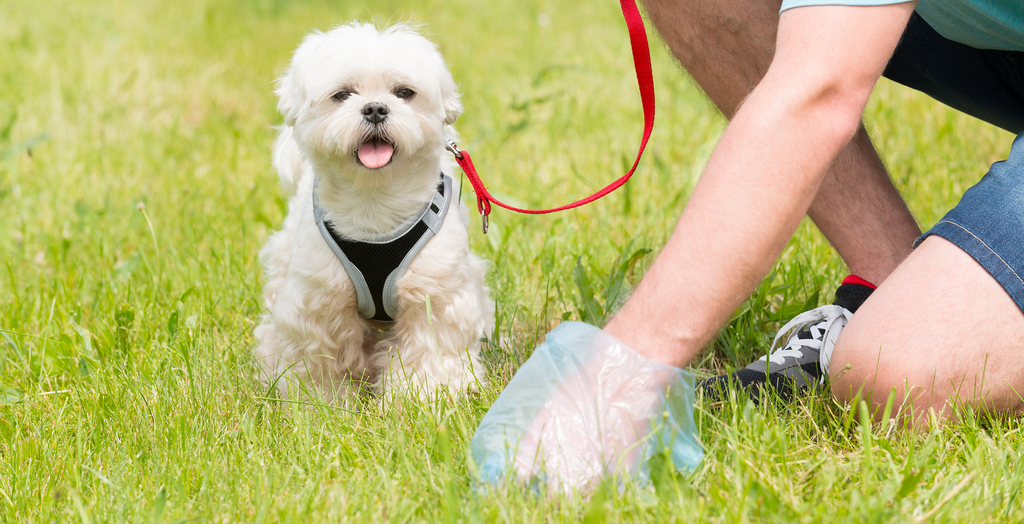
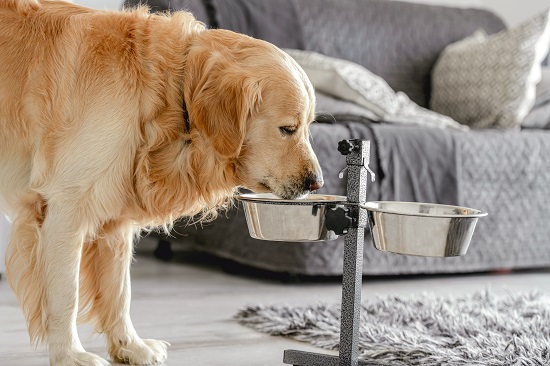
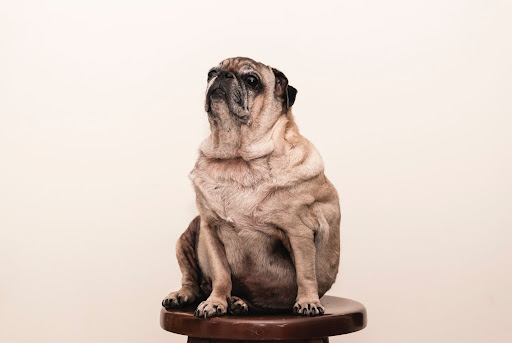

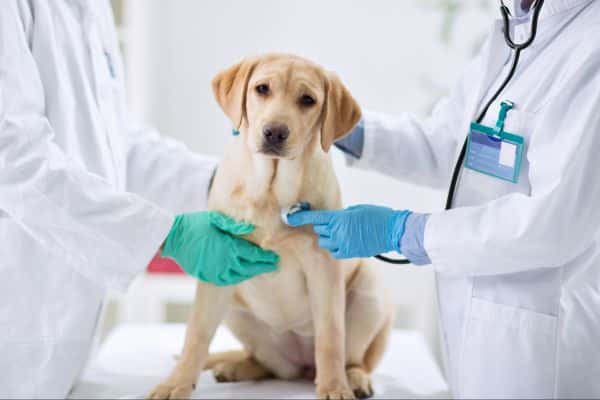

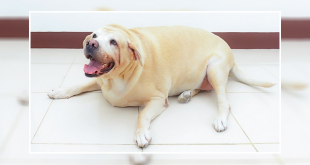
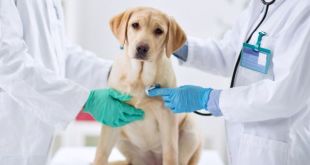
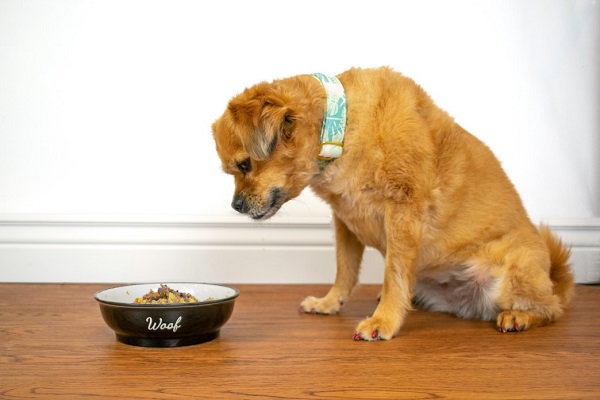












 in Chandigarh, India.
in Chandigarh, India. 

